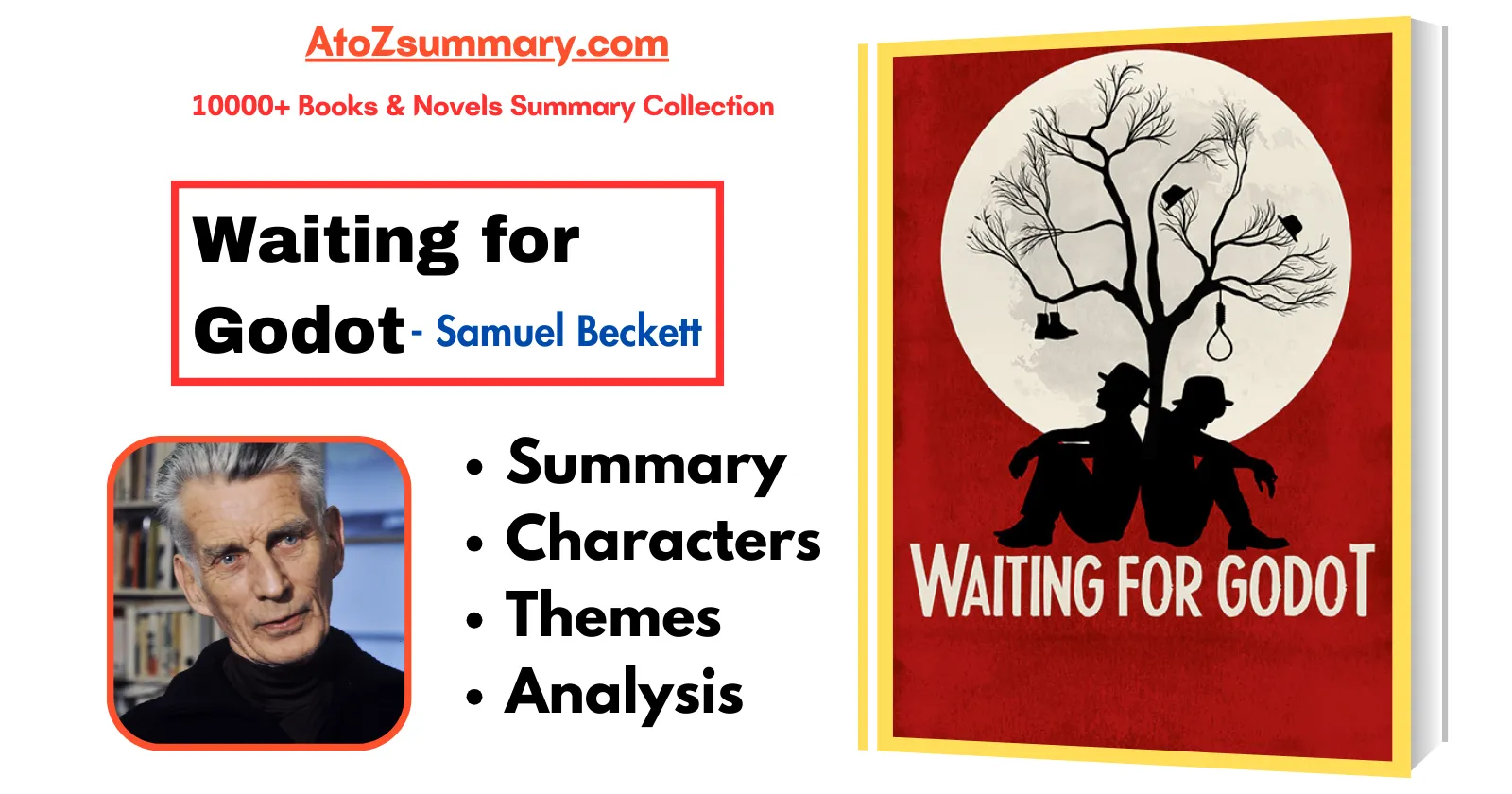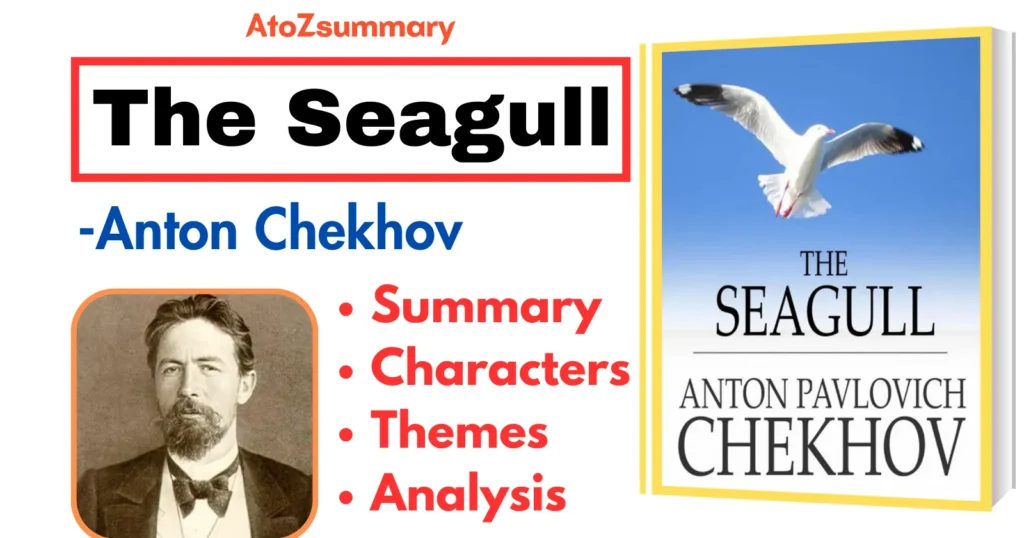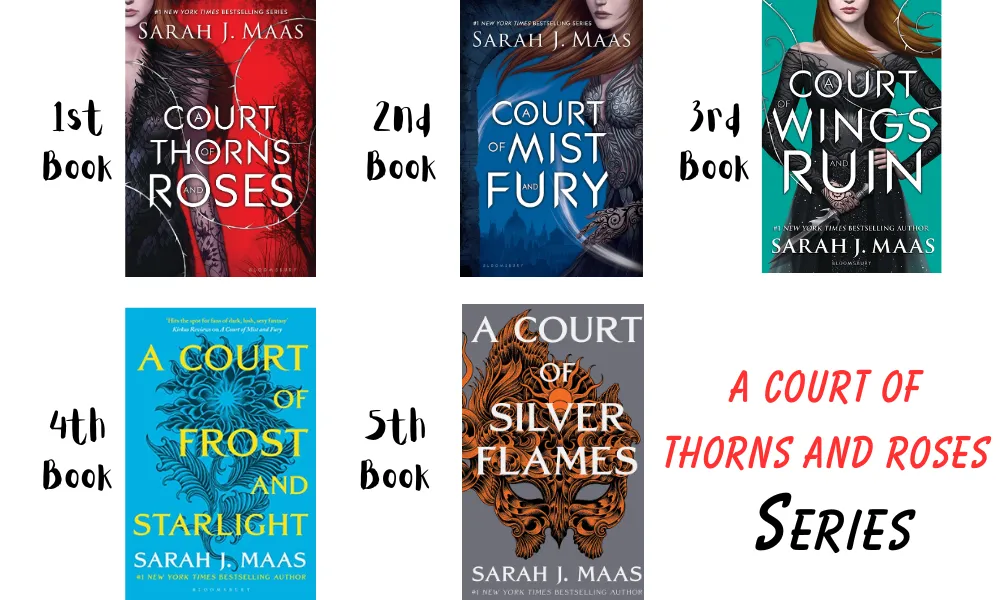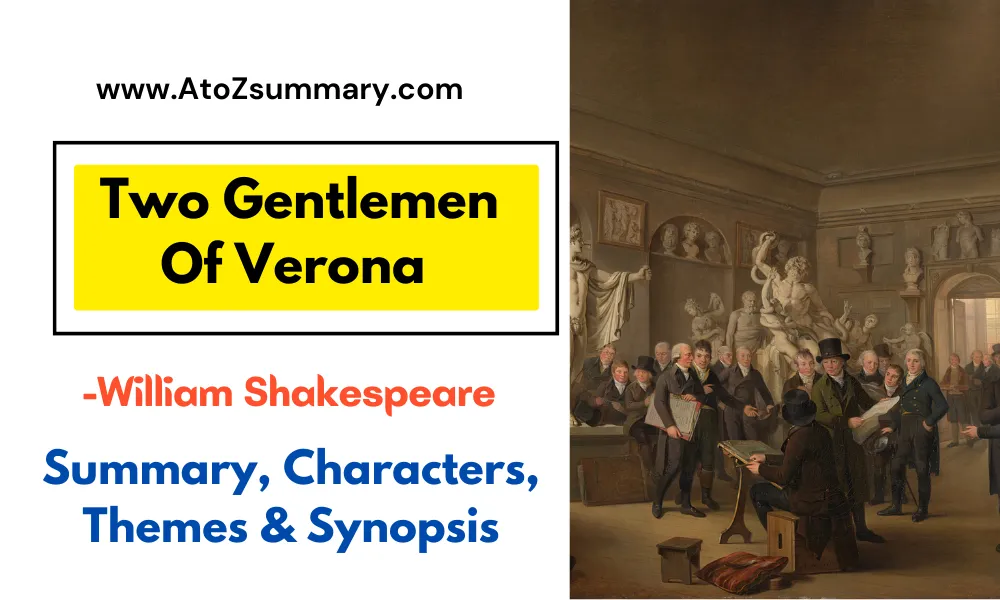Analysis
Waiting for Godot is a play that’s about two characters, Vladimir and Estragon, who are waiting for a person named Godot. But Godot never shows up. It shows the repetitive nature of life and how people often wait for something without knowing what they’re waiting for. The play is a mix of humor and deeper ideas, and it leaves the audience thinking about the purpose of existence and the uncertainty of life. It’s a bit puzzling and open to different interpretations, making people reflect on their own lives and the meaning of waiting for something significant.
| Title | Waiting for Godot |
| Playwright | Samuel Beckett |
| Year of Publication | Originally written in French in 1948, published in English in 1954 |
| Setting | A desolate landscape with a single tree |
| Characters | Vladimir, Estragon, Pozzo, Lucky, Boy, Godot (never appears) |
| Genre | Tragicomedy, absurdist drama |
| Tone | Bleak, humorous, thought-provoking |
| Key Themes | Waiting, uncertainty, the meaning of life, the passage of time, repetition, existentialism |
| Significant Lines | “Nothing to be done.” / “We are waiting for Godot.” / “Hope deferred maketh the heart sick.” |
| Reception | Initially puzzled audiences, but later acclaimed for its depth and originality. |
Characters
The characters of “Waiting for Godot” by Samuel Beckett are:
- Vladimir (Didi) ➤ He’s one of the main characters. He’s thoughtful, talkative, and often questions their purpose while waiting for Godot. He wears a hat and is often shown as the more responsible and practical of the two main characters.
- Estragon (Gogo) ➤ He’s the second main character and a contrast to Vladimir. He’s forgetful, a bit more carefree, and is physically weaker. He frequently complains and is often thinking about basic needs like food and rest.
- Pozzo ➤ He’s an overbearing and authoritarian character who appears with his slave, Lucky. Pozzo is a wealthy, but blind, man who mistreats Lucky, his servant.
- Lucky ➤ He is Pozzo’s slave. He doesn’t speak much but delivers a long, rambling, and somewhat nonsensical monologue in the play. He’s mistreated by Pozzo but seems to be very loyal to him.
Themes
The themes of “Waiting for Godot” by Samuel Beckett are:
- Existentialism ➤ The play delves into the human condition and the meaning of existence. It questions the purpose of life, the passage of time, and the uncertainty of human existence.
- Absurdity ➤ It portrays the absurdity of human life, often through repetitive and seemingly meaningless actions. The characters’ waiting for someone who may never arrive symbolizes the futility of their existence.
- Hope and Despair ➤ The play touches on themes of hope and despair. The characters, Vladimir and Estragon, oscillate between hope for someone’s arrival and despair as they grapple with the uncertainty of the situation.
- Friendship and Companionship ➤ The relationship between Vladimir and Estragon showcases the importance of companionship in times of uncertainty. Their interactions reflect a bond and reliance on each other for support.
- Theatricality and Performance ➤ The play also explores themes of performance and the nature of theater. It raises questions about the roles people play in society and the performance of life itself.
Watch Full Play Summary on YouTube
Summary
Two men, Vladimir and Estragon, wait for a man named Godot under a tree. They don’t know who Godot is or why they are waiting for him, but they keep waiting anyway.
To pass the time, they talk about their lives, their dreams, and their fears. They also meet two other characters: Pozzo, a wealthy landowner, and Lucky, his slave. Pozzo and Lucky are on their way to the market to sell Lucky, but they stop to talk to Vladimir and Estragon.
Pozzo and Lucky leave, and Vladimir and Estragon continue to wait for Godot. A boy arrives and tells Vladimir that Godot will not be coming that day, but that he will surely come tomorrow.
Vladimir and Estragon decide to leave, but they do not move. The curtain falls.
The next day, Vladimir and Estragon are back under the tree, waiting for Godot. Pozzo and Lucky arrive again, but this time Pozzo is blind and Lucky is dumb. Pozzo does not remember meeting Vladimir and Estragon the day before.
Pozzo and Lucky leave, and Vladimir and Estragon continue to wait for Godot. The boy arrives again and tells Vladimir that Godot will not be coming that day either. He insists that he did not speak to Vladimir yesterday.
Vladimir and Estragon decide to leave again, but they do not move. The curtain falls.
FAQs
What is the main point of Waiting for Godot?
Two friends wait for a man who never comes, despite giving them hope that he will.
What does Godot mean in English?
Godot is a mysterious figure that Vladimir and Estragon wait for in the play Waiting for Godot.
What is the philosophy of Godot?
Philosophy of Godot: Finding meaning in the absurd.
What is the criticism of Waiting for Godot?
The play criticizes the futility and meaninglessness of life.
What does Vladimir symbolize in Waiting for Godot?
Vladimir symbolizes the human need for meaning and purpose, even in the face of absurdity.
Why do Vladimir and Estragon look at the tree?
Vladimir and Estragon look at the tree because they are bored and waiting.
Is Waiting for Godot a religious play?
Yes, the play Waiting for Godot explores religious themes such as faith, salvation, and the meaning of life.
What is the irony in Waiting for Godot?
Godot never arrives, despite the characters waiting for him endlessly.
Why is Waiting for Godot a masterpiece?
Waiting for Godot is a masterpiece because it captures the human condition of hope and despair in a simple yet profound way.











